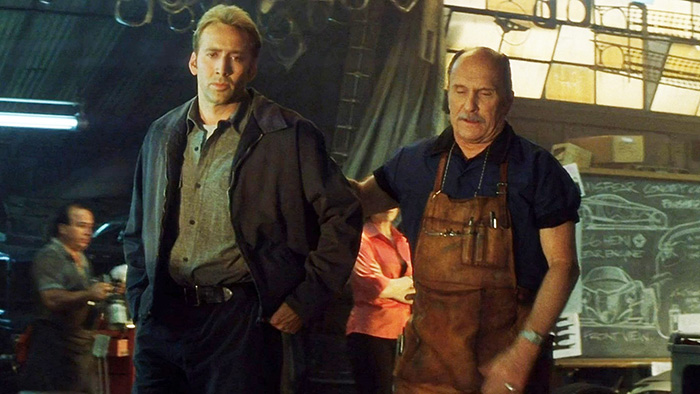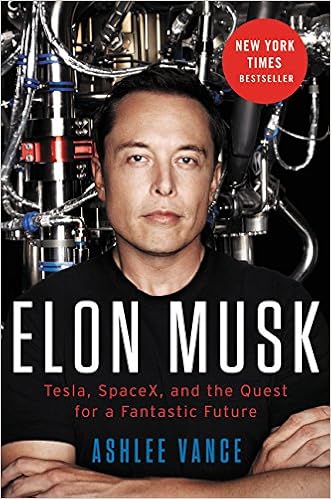In one part of our world, we are seeing almost nightly a whole lot of posturing and debating by very strong people--but there is always one top dog. What distinguishes a top dog from all the rest? Why is it that people gravitate to some and not others?
Here are 10 traits of the top dog:
1. Dominant: Alpha dogs take control. They dominate conversation, they dominate situations. They are natural leaders.
2. Risk-taking: The alpha dog is not afraid of taking risk to get what he wants. He has a strong vision, and will do what it takes to fulfill it.
3. High failure tolerance: With risk-taking comes failure--but to an alpha dog, failure is just a minor set-back to getting what he wants. You may see an alpha dog down, but he won't quit--he'll just come back stronger and more calculated.
4. Tells people what to do: Alpha dogs naturally tell people what to do. If you are working with an alpha dog and tell him what you're going to do, he'll repeat it back to you in the form of a command. Here's an example:
You: "I'm going to go and send Jim that email..."
Alpha: "Ya you go and send Jim that email!"
See how that works?
5. Self-talk: Top dogs have tremendous self-talk, and often it is verbalized to as many people as possible. They'll describe themselves as winners and call others losers; they'll gloat over their successes and expose their rival's weaknesses; they'll talk about others only in relation to themselves.
6. Comfortable with selves: Top dogs are very comfortable with themselves, and know how to look poised even when stressed or under attack.
7. Loud voices: Alpha dogs typically have loud voices--and they love to talk. When they have something to say, they say it--especially over the voices of their opponents.
8. Convincing: They are often very convincing in their statements, whether using the power of manipulation, strong use of language, or plain street smarts. For some reason, they can spout and rant, and rave, and masses agree with them.
9. Mental flexibility: "Do I contradict myself? Fine--I contradict myself!" These words of Emerson is typical of the alpha dog. They change their beliefs based on new information, and aren't afraid to defend them wholeheartedly--even if they held the opposite belief the day prior.
10. Protectors: People feel safe(r) with alpha dogs. Whether a CEO or presidential candidate, people follow alpha dogs because they see them as protectors, as winners--and we all want to be on winning teams. Alpha dogs rally people around them because of what they promise they'll do, or simply because their confidence brings people to their side.
There are many other traits of top dogs. If you want to perform better in your job or in various aspects of your life, you may want to try out these traits. Remember: actions breed habits. If you want to change your habits, change your behaviour.
If you work with a top dog, understanding these traits will help you get along with him, without taking things too personally--it's just how they're wired.
There are many other traits of top dogs. If you want to perform better in your job or in various aspects of your life, you may want to try out these traits. Remember: actions breed habits. If you want to change your habits, change your behaviour.
If you work with a top dog, understanding these traits will help you get along with him, without taking things too personally--it's just how they're wired.


























